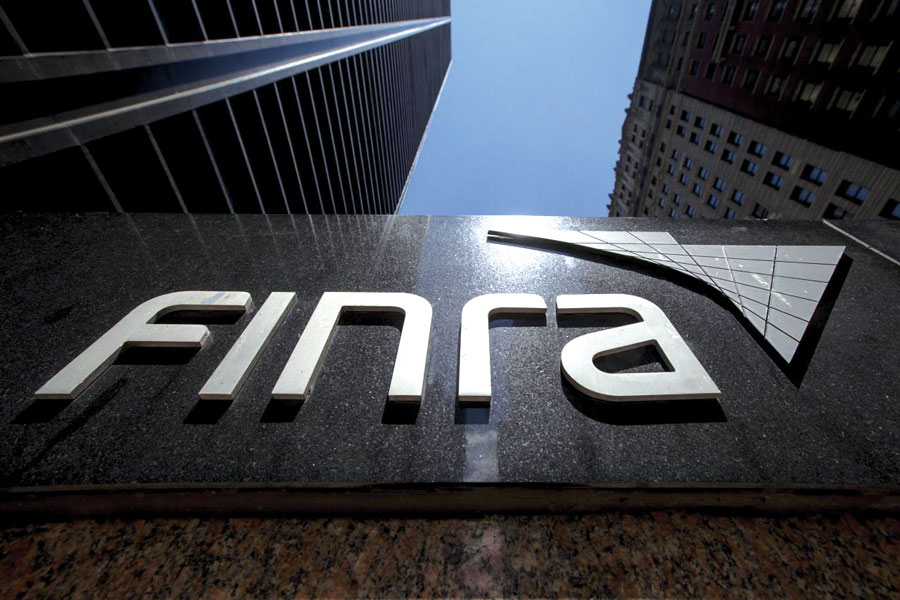Some brokerages are not doing enough to prevent sales of investment products that are inappropriate for their customers, Finra said in a report on recent examination results released Wednesday.
In its
2019 Report on Finra Examination Findings and Observations, the Financial Industry Regulatory Authority Inc. said some firms lacked adequate supervisory systems for detecting red flags that would indicate unsuitable transactions.
"For example, some firms did not identify or question patterns of similar recommendations by representatives or branch offices across many customers with different risk profiles, time horizons and investment objectives," the Finra report states. "In some instances, several customers of a representative or branch office appeared to have made 'unsolicited' transactions in identical securities, which could raise questions around whether the transactions were actually 'unsolicited.'"
Finra found lack of firm oversight for recommendations that customers exchange certain products, such as mutual funds, variable annuities and unit investment trusts. Brokers can collect high commissions when a customer surrenders an older product for a newer one. The investor can be harmed if the trade wasn't necessary, given his or her timeline and objectives.
"Some firms did not reasonably supervise exchanges because they could not verify the information provided by registered representatives in their rationales to justify a recommended exchange, such as inaccurate descriptions of product fees, costs and existing product values," according to the report.
[Recommended video: What does it mean to work in the best interest of clients?]
Finra also discovered that firms were not keeping an eye on their branch operations.
"In particular, some firms did not adequately understand the activities being conducted through their branch offices, including products and services that were offered only at certain branch locations, which could prevent such firms from effectively supervising and addressing the unique risks of each branch location," the report says.
This is the
third Finra examination report. The regulator began to publish them in response to members that wanted a broader overview of what Finra was seeing during its reviews of firms.
This year's version of the report provides Finra's observations on how firms can meet regulatory obligations, in addition to its findings on how they're falling short of them. For instance, the report outlines what firms are doing effectively to address cybersecurity.
"Our position as a self-regulatory organization affords us the unique opportunity to provide firms with resources that help them more easily comply with rules and regulations and protect investors — and this report aims to do just that," Bari Havlik, Finra executive vice president of member supervision, said in a statement. "We hope firms find the Exam Findings and Observations Report useful in strengthening their own control environments and addressing potential deficiencies before their next exam."







